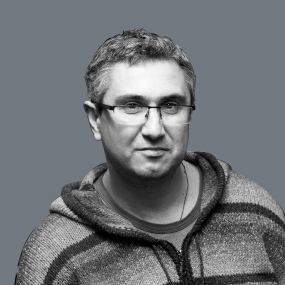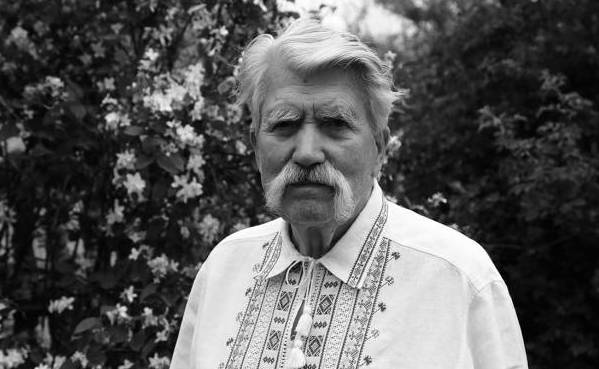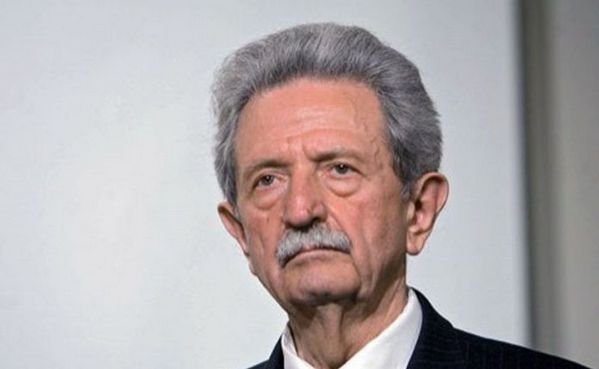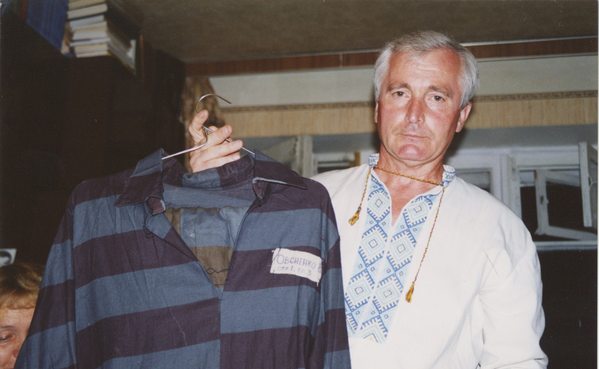Kalju Mätik
Kalju Mätik (16 September 1932, Tartu — 2 October 2019).
Public figure, political prisoner, author, translator, co-founder of the National Party of Liberty of Estonia, member of the Council of Farmers and Tallinn Nationalist Club.
He was born in 1932, in the city of Tartu – the center of the Southern Estonia. He was eight when the Soviet government came to Estonia. Later he would find out about the Bolsheviks' crimes, that his uncle was shot by the Communists, and that his father could have been arrested. This laid grounds for his hostility towards the Soviet regime.
After finishing school #10 in Tallinn in 1951, Kalju Mätik wanted to enroll at a flight academy, but failed the health assessment, – his height surpassed the norm by three centimeters. In 1959, he graduated from the Tallinn University of Technology with a diploma in electrical engineering. Following that, he lectured at the Estonian Maritime Academy, and was a teacher at the National Correspondence School.
Underground anti-Soviet organizations started to emerge in Estonia. And, in 1970, Kalju Mätik became an active member of the Estonian Democratic Movement. In the curriculum he prepared, there was an appeal to hold a referendum concerning Estonian self-determination and establishment of independence and democracy in the country. In 1972, alongside the "Popular Front" party, the Estonian Democratic Movement sent a memorandum to the UN General Assembly, intending to create counter-propaganda to the Soviet authorities. It was based on the article by Mätik and Yuskevych "Russian Colonialism in Estonia" and a following synopsis "The Soviets According to Sketches". Together with Tunne Kelam, Kalju Mätik carried on with the memorandum text, engaging other activists to this work. At the time, at least five radio stations broadcasted the text of their memorandum.
Kalju Mätik was arrested in 1974 for "campaigning and propaganda against the Soviets". Apart from him, there were four more people sentenced. All of them received five years of imprisonment in a maximum security correctional labour facility, – except for Kalju Mätik and an Estonian Russian Serhii Soldatov, who either got six. The one year was added for firearms possession – Kalju Mätik had three rifles, – which, though, were more suitable for a museum, rather than a battlefield, – and half a backpack of ammunition.
While serving his term, he worked at a boiler room, lived in barracks in four or six Celsius degrees, and faced the same choice every day, – to get poisoned by rotten fish for dinner, or starve to death.
After the release, the KGB watched him for a long time. He had a curfew and had to show himself at a police station every Tuesday. Kalju Mätik was prohibited from visiting cafes and restaurants. His home was searched from time to time secretly.
All this, though, didn't hamper his fight for ideals. Kalju Mätik took part in the Estonian Group for the Molotov-Ribbentrop Pact uncovering work, and on 20 August 1988 he became one of the co-founders of the National Party of Liberty of Estonia.
When Estonia became independent again, he worked as a translator and technical texts editor. He joined the board of the Council of Farmers. During the European elections in 2009, he ran for the European Parliament on behalf of the Farmers Assembly. But this party didn't win enough votes for its representative to become a member of the European Parliament.
Kalju Mätik took a stand for independence, both his and Estonian. By participating in numerous demonstrations and protests with convincing speeches, he was against Estonian European Union membership.
Kalju Mätik was awarded the Order of the National Coat of Arms IV degree in 2006.

Повне інтерв'ю читайте у книзі "Дисиденти".







